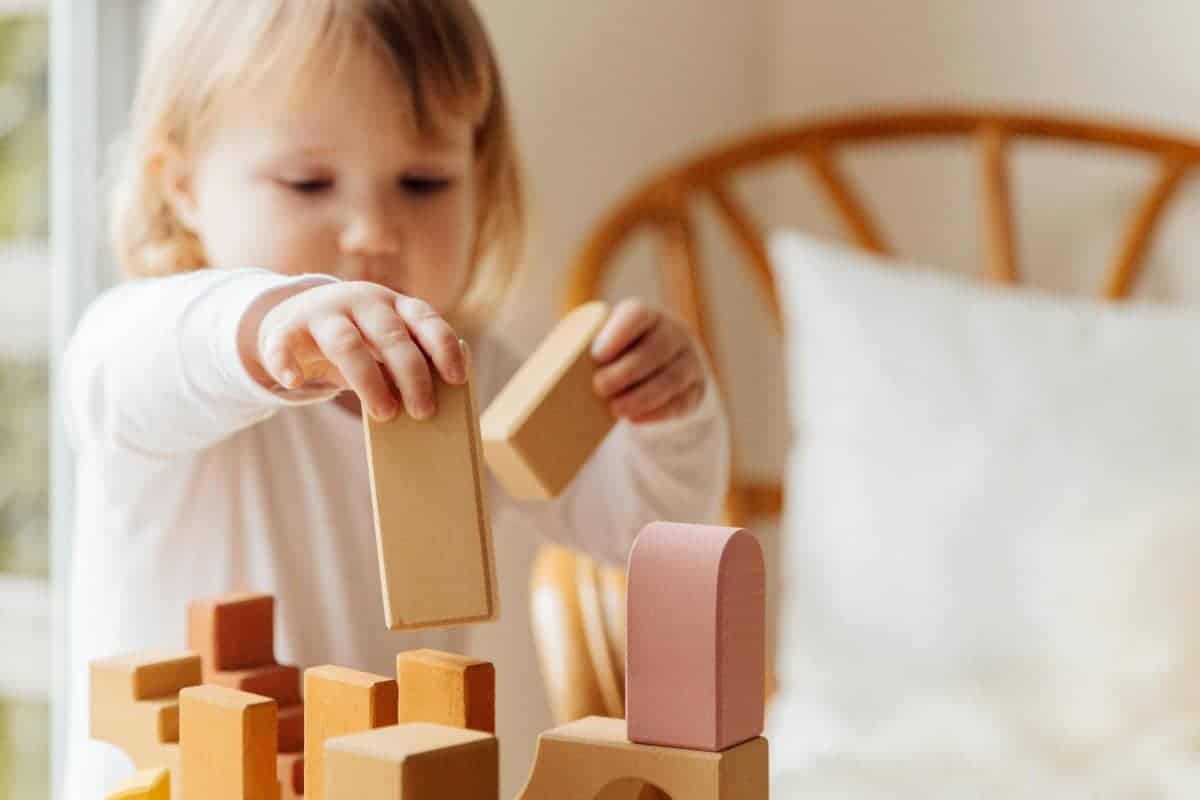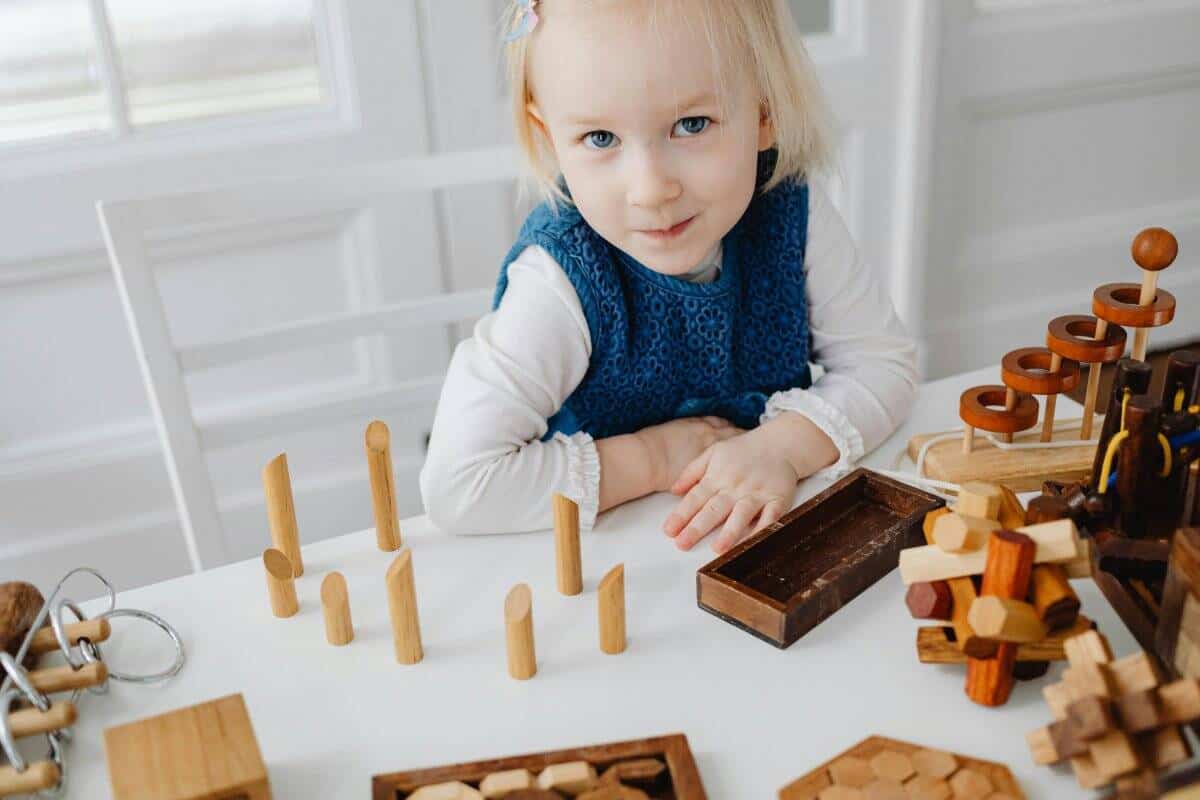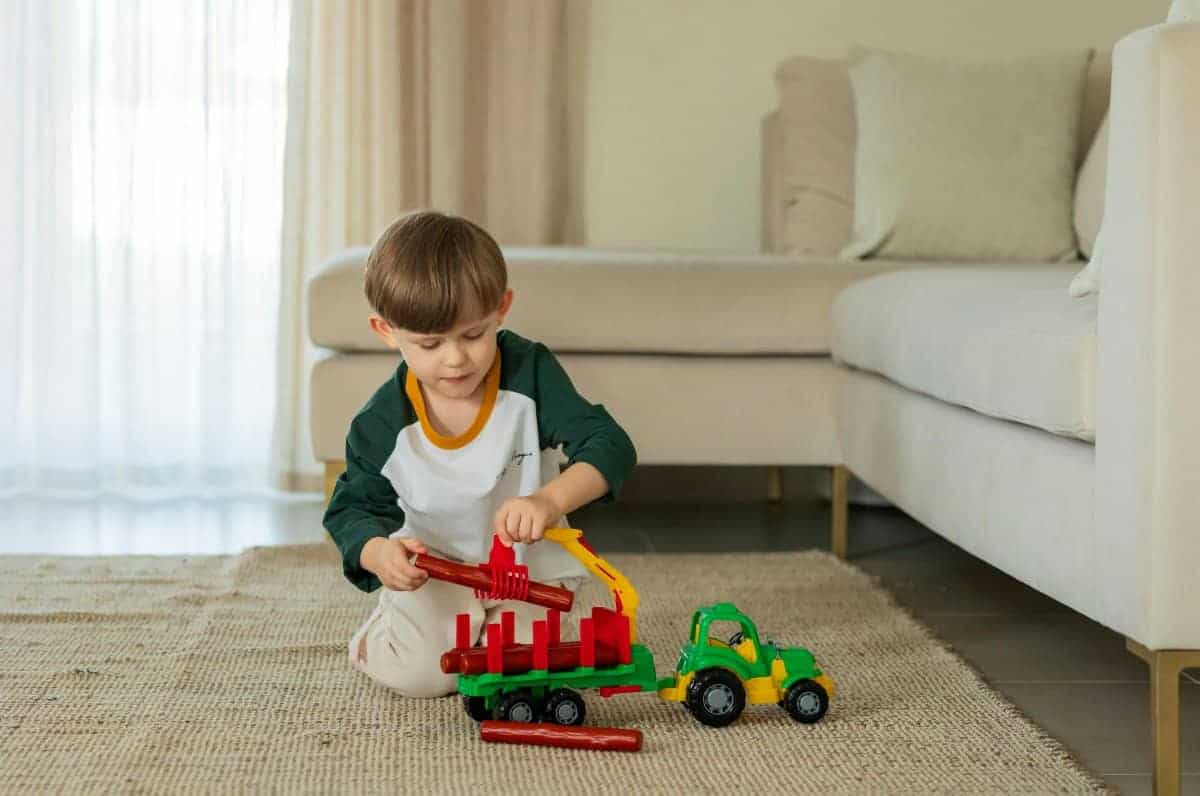15 Surprising Toddler Habits That Actually Mean They’re Growing Up Healthy
Toddlers often seem possessive with their toys, resisting the idea of sharing—even with close friends or siblings. While this can be frustrating for adults, it’s actually a healthy sign of growing independence. Refusing to share shows your child is learning about personal boundaries and developing a sense of self. This phase is both normal and important as children explore what belongs to them. With gentle guidance and patience, toddlers eventually move toward empathy and cooperation as part of their social and emotional growth.
Frequent Tantrums

Tantrums may feel overwhelming, but they’re actually a healthy indicator of emotional development. Toddlers are just beginning to experience and express big feelings, often without the words or self-control to manage them calmly. Unlike older children, who gradually learn to regulate their emotions, toddlers rely on outbursts to communicate frustration or overwhelm. These dramatic displays are part of the learning process. With supportive responses, children gain the tools they need to handle emotions more smoothly as they grow.
Obsessive Repetition

If your toddler insists on stacking blocks over and over or reciting the same phrase for the hundredth time, don’t worry—repetition is their brain’s way of learning. By repeating actions and words, toddlers reinforce new concepts, build memory, and sharpen both language and motor skills. This phase is essential for mastery and confidence, giving your child the practice needed to internalize new information. Encourage their persistence and celebrate these small but important milestones in development.
Picky Eating

Is your toddler turning up their nose at broccoli or demanding the same meal every night? Picky eating is a normal part of development. At this age, children are learning to assert control and experiment with new flavors and textures. Their selective tastes signal a growing sense of autonomy and personal preference, not necessarily a nutritional problem. Most toddlers grow out of picky eating as they become more comfortable with variety, especially when mealtimes are relaxed and pressure-free.
Attachment to a Comfort Object

Many toddlers form deep attachments to blankets, stuffed animals, or other special “lovies.” These cherished objects serve as sources of comfort and security, especially during transitions or separations from caregivers. Relying on a comfort object is a healthy coping mechanism that helps children feel safe and nurtured as they explore new situations. This attachment often fosters greater independence over time, as toddlers gain confidence knowing they have a familiar friend by their side.
Asking Endless Questions

When your toddler bombards you with “Why?” and “How?” at every turn, it’s a clear sign of active curiosity and cognitive growth. This relentless questioning helps children make sense of the world, much like adults researching topics or troubleshooting problems. By asking about everything from the color of the sky to how a door works, toddlers are building language, expanding vocabulary, and strengthening problem-solving skills. Encouraging these questions—no matter how repetitive—nurtures a love of learning that lasts a lifetime.
Imitating Adults

Toddlers love to copy what they see grown-ups do, from pretending to cook to mimicking phone conversations. This imitation is a vital part of social and cognitive development. By reenacting adult behaviors, children practice real-life roles and routines, build empathy, and develop practical skills they’ll use later. These playful moments also give toddlers a sense of belonging and competence, as they learn how the world works by observing and participating alongside their caregivers. Encourage their efforts—they’re important steps toward independence.
Sudden Fear of Strangers

If your once-friendly toddler suddenly clings to you around unfamiliar people, it’s actually a positive developmental milestone. This newfound wariness signals growing awareness of the difference between familiar and unfamiliar faces—a key part of emotional and social growth. In contrast to earlier stages of indiscriminate friendliness, this healthy caution reflects strengthening attachment to caregivers. With time and reassurance, most children become comfortable around new people while maintaining important connections to their trusted adults.
Mixing Up Words or Making Up Words

Ever hear your toddler ask for “blanky juice” or call a dog a “woof-woof”? These playful language mix-ups and invented words are known as “toddlerese”. They’re a natural part of language development, showing your child’s creativity and eagerness to communicate. By experimenting with sounds and inventing words, toddlers are actively learning how language works. This process strengthens vocabulary and boosts confidence in using new words—even if they aren’t quite “correct” yet. Celebrate these imaginative expressions as vital steps toward fluent speech.
Insisting on Doing Things Themselves

When your toddler adamantly wants to put on their own shoes or feed themselves, it’s a clear sign of growing independence. Unlike earlier stages when they relied on adults for every task, toddlers now crave the chance to try things on their own. This determination builds self-confidence and important life skills. While these moments may test your patience, allowing your child to experiment and make mistakes helps them learn, adapt, and feel proud of their abilities. Encourage their efforts—it’s healthy progress!
Changing Sleep Patterns

It’s common for toddlers to suddenly resist bedtime or drop a nap as they grow. These shifts in sleep habits often reflect brain maturation and expanding cognitive abilities. Your child’s changing needs might mean more energy for play or curiosity about the world around them. While these transitions can be challenging, they’re usually temporary and a normal part of development. Maintaining a consistent routine helps, and most toddlers settle into new sleep patterns as they adjust to their growing minds and bodies.
Short Attention Spans

If your toddler bounces from puzzle to blocks to coloring in a matter of minutes, it’s not a problem—it’s a sign of curiosity and healthy brain development. Young children naturally have short attention spans as they explore the world and sample new experiences. This shifting focus helps them learn what interests them and gradually builds the foundation for longer concentration. Rather than worry, embrace their enthusiasm for discovery and watch their ability to focus grow with time.
Loving Rituals and Routines

Does your toddler insist on the same bedtime story every night or follow a set morning routine? These rituals provide comfort and a sense of predictability, helping children feel safe as they navigate new experiences. By repeating familiar actions, toddlers develop a foundation of trust and order in their world. Consistent routines also support emotional regulation and teach important concepts like sequencing and time. Embracing these rituals reassures your child and fosters healthy emotional growth.
Testing Limits

When your toddler says “no” or pushes back against minor rules, they’re not just being difficult—they’re learning about boundaries and social expectations. Testing limits is a natural part of development as children figure out what’s acceptable and what isn’t. Through gentle guidance and consistent responses, toddlers gradually develop self-control and respect for rules. This process sets the groundwork for understanding consequences and making positive choices as they grow. Embrace this stage as an important opportunity for learning.
Sudden Bouts of Shyness

It’s normal for toddlers to retreat behind a parent’s leg or become quiet in new situations. These bouts of shyness are signs of developing self-awareness and emerging social skills. As children learn to navigate unfamiliar environments, a little hesitation is healthy. With support and encouragement, most toddlers gain confidence and warm up as they become more familiar. Shyness often fades with experience, paving the way for stronger social connections and a growing sense of independence.
Conclusion

The many quirks and challenges of toddlerhood—from tantrums and picky eating to clinging to routines—are more than just phases; they’re powerful indicators of healthy growth. Each habit signals new skills, emotional development, and a growing sense of self. Instead of worrying over these behaviors, try to appreciate each unique stage as it comes. These moments are stepping stones on your child’s journey to independence and confidence. Celebrate your toddler’s progress, and remember—you’re guiding them through the exciting adventure of growing up.
.article-content-img img { width: 100% }




